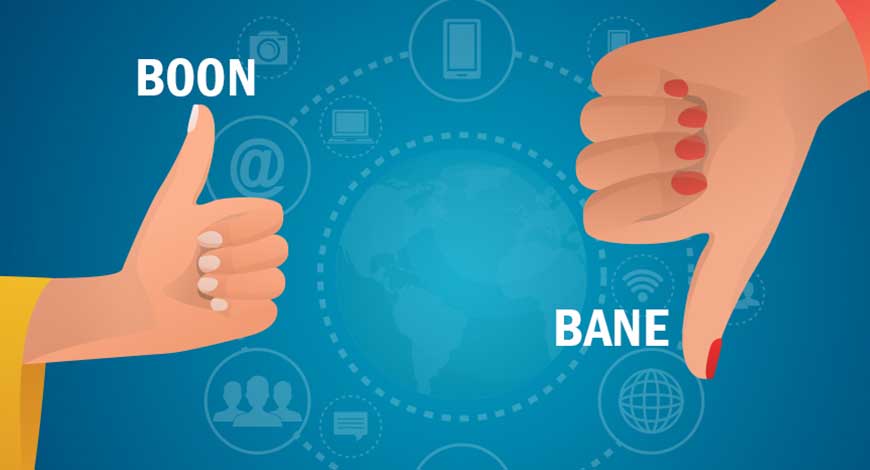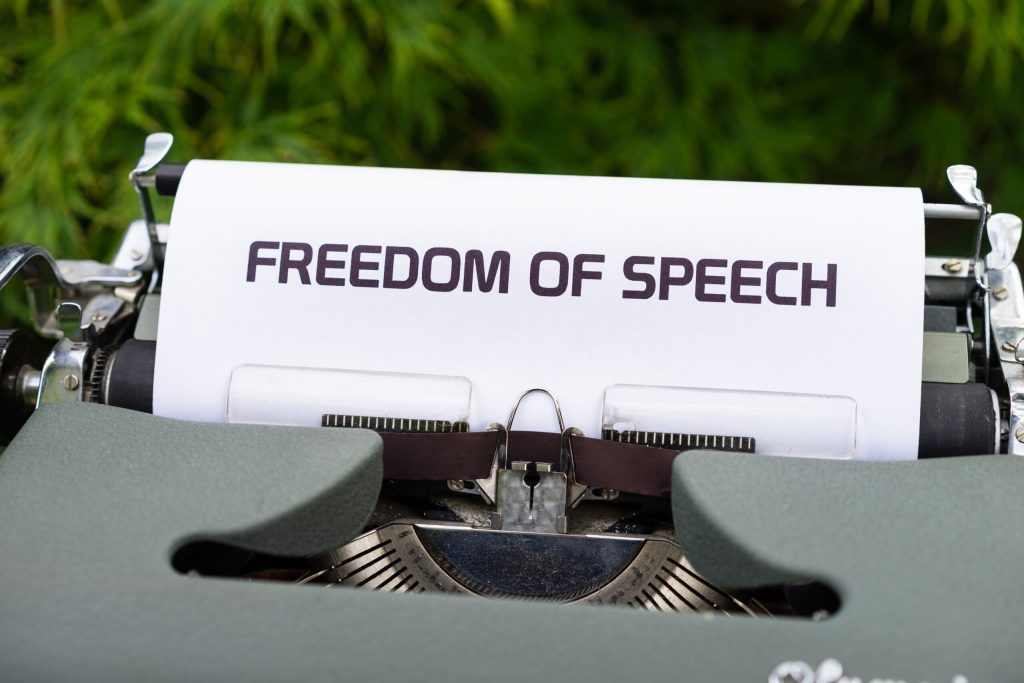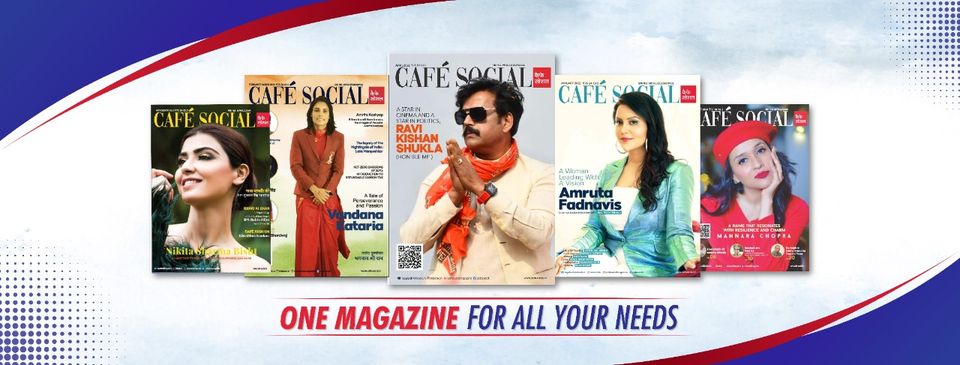Freedom of Press: An ever- evolving subject IT Rules 2021- A Boon or Bane?

“No government can exist without censorship; where the press is free, no one is free”
~Thomas Jefferson
The internet and the entertainment industry have gone through a massive revolution with the onset of the 21st century and has brought the world at fingertips. However, such a world has brought into the lives of people a significant breach of privacy and violation of human rights. Earlier this year, the Ministry of Electronics and Information Technology notified the Information Technology (Intermediary Guidelines and Digital Media Ethics Code) Rules,2021(hereinafter as ‘Rules’). The Rules provided for the removal of a certain laws which safeguarded the intermediaries from the liabilities of the acts of users on their platforms, given that the platform abides by the certain guidelines. These guidelines are provided by the Information Technology (Intermediaries Guidelines) Rules, 2011 however the government has been considering revisions to these guidelines since December 2018.
One of the problematic issues presented by MeitY in the December 2018 version of the proposed Amendments, and which also appears in the most recent 2021 version of the said Amendments, concerns the traceability of information on the internet, which makes it apparent that the Rules have evolved from the Draft Intermediaries Rules, 2018. On 21st December 2021, the IT Rules 2021 could be seen implemented for the first time when the Ministry of Information and Broadcasting in close coordination with the intelligence agencies blocked 2 websites and 20 YouTube channels alleged to be spreading “anti-national” propaganda and “fake” news. While the Government has, vide counter-affidavit, contended that tracing the first originator doesn’t breach end-to-end encryption, as per Forbes India report both can’t go hand in hand, thereby entirely negating the Government’s contention.

The Strife with Fundamental Rights
The IT Rules entail several alleged Fundamental Rights violation. Amongst the 17 petitions filed in this regard, in News Broadcasters Association and Others v. Union of India and Live Law Media Private Limited and Others v. Union of India , the Kerala High Court granted interim protection from coercive action under the IT Rules for being violative of fundamental rights. In a major decision given by the Bombay High Court in Agij Promotion of Nineteenonea Media Pvt. Ltd. & Ors. v. Union of India &Anr and Nikhil Mangesh Wagle v. Union of India Rule 9(1) and Rule 9(3) were stayed, which allows the Union government to oversee the functioning of the social media platforms and intermediaries thereby jeopardizing the freedom of media. On cue and lending support to the decision, the Madras High Court further opined that Bombay High Court’s Stay on Enforcement of IT Rules ‘Code of Ethics’ against Digital Media ought to have pan-India effect.
A person, whose speech is censored under Rule 3(1) (d) the Rules 2021, is not given the notice of such a takedown thereby violating the doctrine of Audi Alteram Partem. Even Rule 16 adversely impacts the freedom of speech and expression by permitting the Authorized Officer to block content “in case of an emergency” since the parameters of such an emergency are not provided in the IT Rules. Moreover, big giants in the field of internet like WhatsApp LLC v. UOI, Facebook and Press Trust of India, have filed petitions in the Delhi High Court regarding unconstitutionality of certain provisions of the IT Act.

IT Rules 2021 comprises a plethora of vague terms, for instance, terms such as “insulting”, “libellous” or “inconsistent” and for similar reasons, in Shreya Singhal v. UOI, the Court observed that subjecting offences on vague terms like “insult” leads to arbitrary and discriminatory application of the criminal law. Moreover, Rules 8 and 9 r/w the Code of Ethics which obliges Digital News Media to not publish “content which is prohibited under any law for the time being in force” violates Article 14 by conferring wide arbitrary power, not provided in the parent acts through a delegated legislation, to the Central Government. Furthermore, Rule 4(2) allows for the issuance of orders to identify the first originator even without judicial oversight thereby providing no guarantee against arbitrary State action.
The tussle between Traceability & End-to-End Encryption
Rule 5(2) of the Rules 2021, mandates any social media intermediary providing services (primarily messaging), such as WhatsApp, Telegram, etc to permit the identification of the information’s first originator. This necessitates traceability, which would render end-to-end encryption useless. Moreover, Rule 6 of the Rules 2021 mandates that MeitY can order any intermediary other than a significant social media intermediary to comply with the obligations outlined in Rule 4 if the intermediary’s services transmit information posses a material risk of harm to India’s sovereignty and integrity, security, friendly relations with foreign states, or public order. It has to be kept in mind that previous efforts to provide traceability in a way that is compatible with end-to-end encryption have been found to be vulnerable to spoofing, where bad actors could alter the originator information to falsely incriminate an innocent person. As per the rules, the significant social media intermediaries are also supposed to appoint a Chief Compliance Officer who is the key managerial personnel or a senior employee residing in India. There have been several clashes between Twitter and MeitY regarding the same because of the personal liability being attached to the position.
Significant social media intermediaries are also required to implement technology-based controls under Rule 4(4) of the IT Rules 2021. The development of censorship tools based on artificial intelligence (AI) is fraught with dangers, including the imperfect nature of AI in its current state-of-the-art. Furthermore, coding biases frequently lead to discrimination, and a lack of accountability and transparency.

Conclusion
The Rules have been envisioned with the idea of transforming the digital age tech-savvy users and safeguarding their interests. However, passing of any law without debate and proper legislative mechanism is always condemned in a democracy like India. As has been discussed in the article, some provisions of the Bill go beyond the ambit, crushing the Fundamental Rights with bare hands and putting the citizen’s privacy in jeopardy.
(Adv.Nalini Mishra, Author is an Associate Partner of Singhania & Co. LLP, assisted by Mr. Shivam Dubey, Ms. Olivia De, Ms. Jyoti Rout and Ms. Pratika Agarwal).







